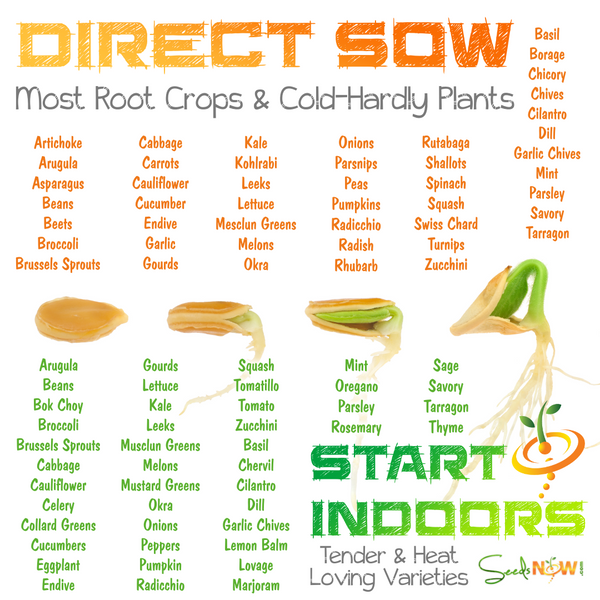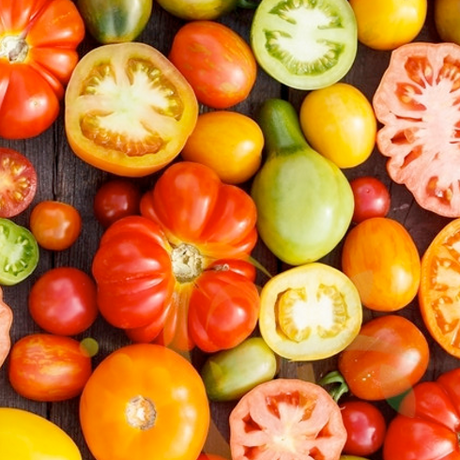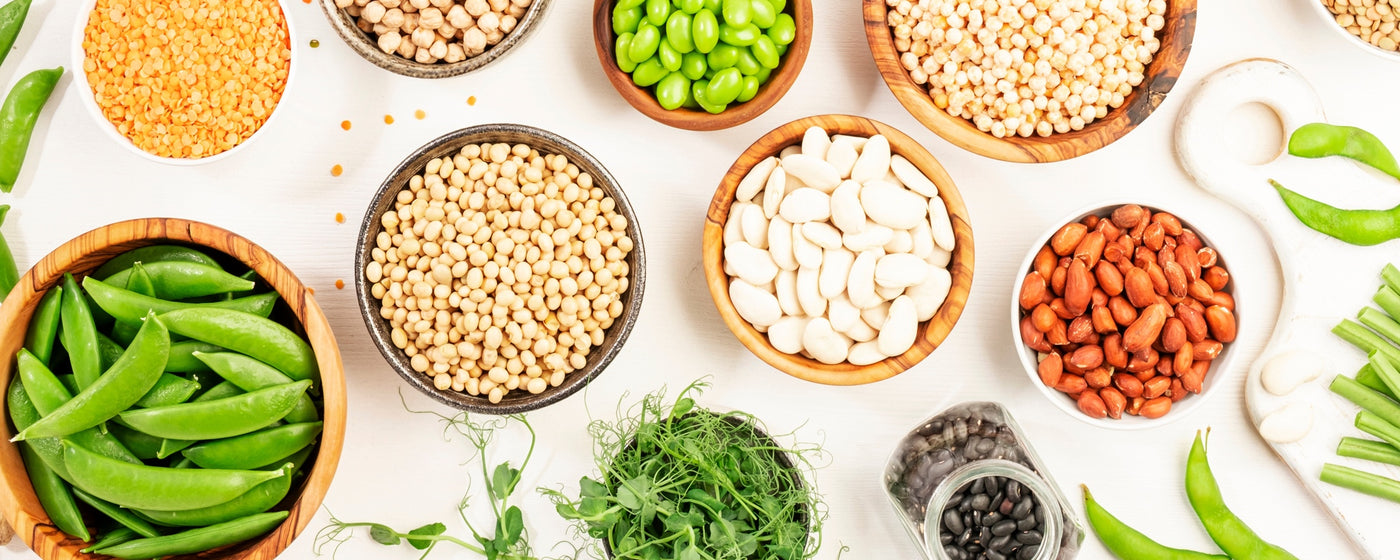← GO BACK TO GROW GUIDES
Starting Your Seeds Inside
This page should also be read: Tips for Successfully Starting Your Seeds
Some seeds can be planted directly in your garden (aka: direct sow). Other plants, however, are more often started inside, either because they cannot handle the cold conditions of the early growing season or because they need a longer season to grow that they need to start growing while there is still snow on the ground (or both).
If you start plants inside, you raise them to a certain size and then transplant them out into your garden (see transplanting).
Starting plants inside can be very fun and rewarding, but most beginning gardeners will want to buy seed starting soil pods. All you need to do is add water, add your seeds, and watch them grow.
 Common Seed Starting Mistakes and How to Avoid Them
Common Seed Starting Mistakes and How to Avoid Them
Over or Under Watering:
You want your seeds to get enough water, but not too much. Soggy, water-logged conditions will promote mold, especially in a "greenhouse" type growing environment. To avoid disrupting the soil when watering, use a spray bottle with a "mister" nozzle instead of a heavy stream of water, say from a watering can. Don't let your soil dry out, check daily!
Growing in Low-Light Conditions:
South facing windows may work well, as long as the spot isn’t drafty and daylight lengths are greater than 12 hours. If possible it's a good idea to supplement with grow lights. Up to 18 hours of light, will speed up growth. Make sure to read the directions for each grow light as it’s a common mistake to place the light source too far away from the plants.
Temperatures Too Cool for Root Growth:
Cool temperatures on the surface encourage compact growth, but roots need warmth. By adding bottom heat with a seedling heat mat it will encourage healthy root growth, which makes for healthy plants. Make sure to use a media that won’t dry out too quickly with bottom heat.
Not Starting Enough Seeds:
It’s also a good idea to plant more seeds than you will need. This will allow you to pick the healthiest starts to plant. Because, don't forget ... thinning will be one of the most important things you will need to do.










































